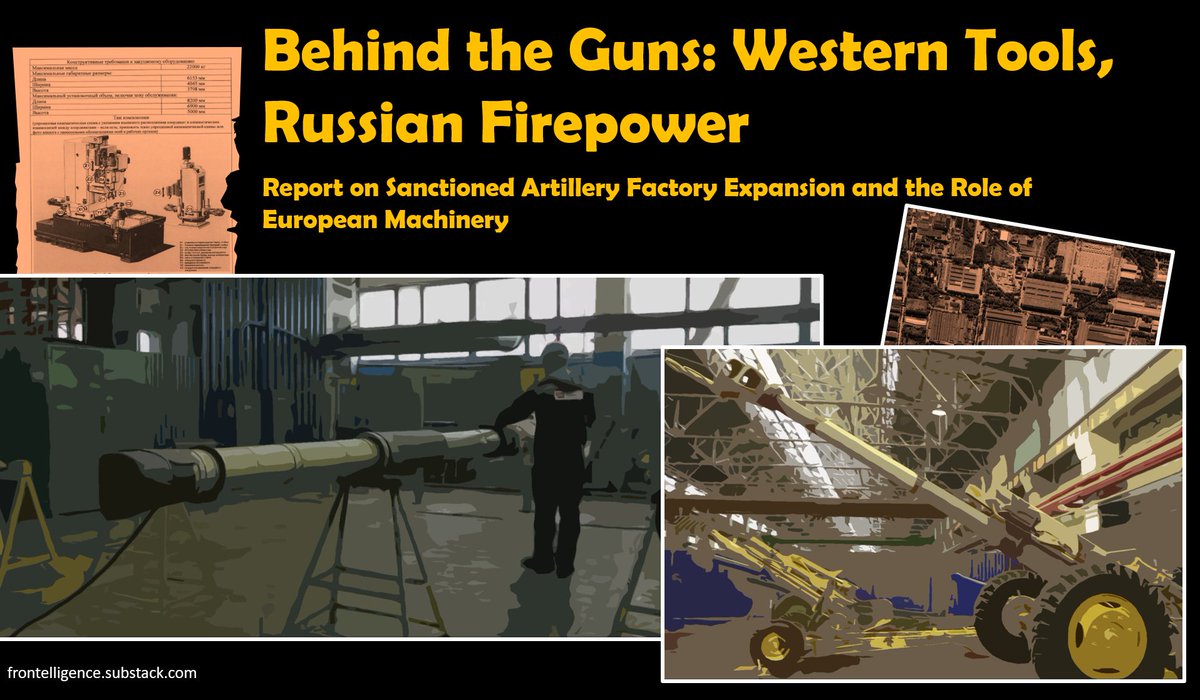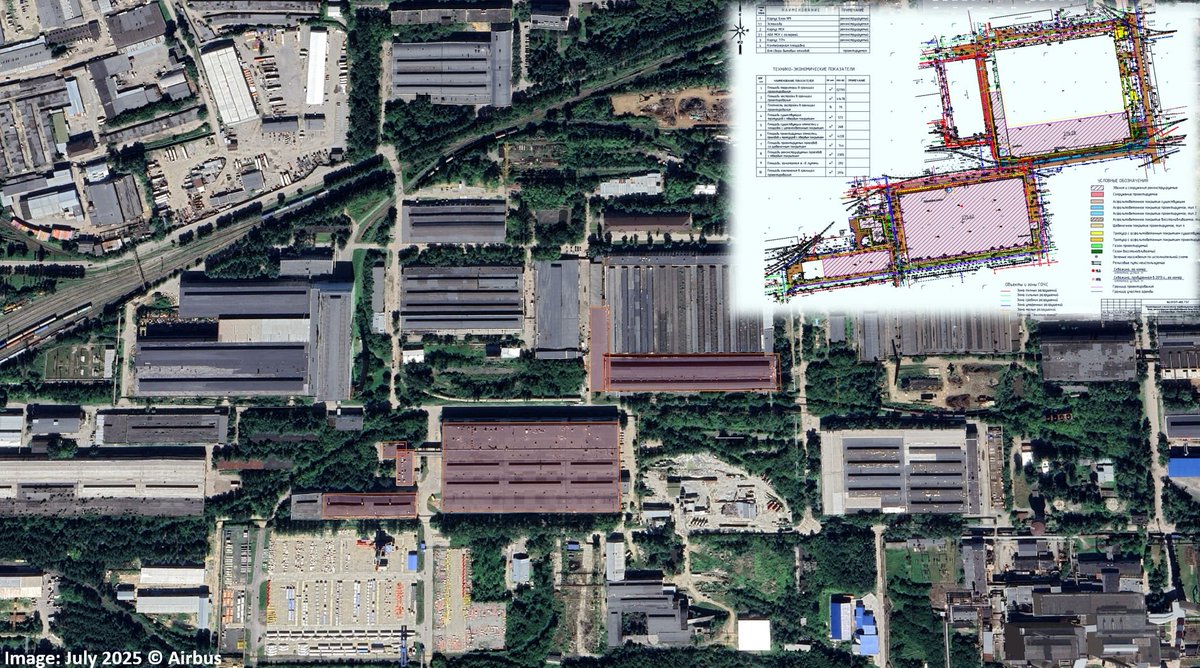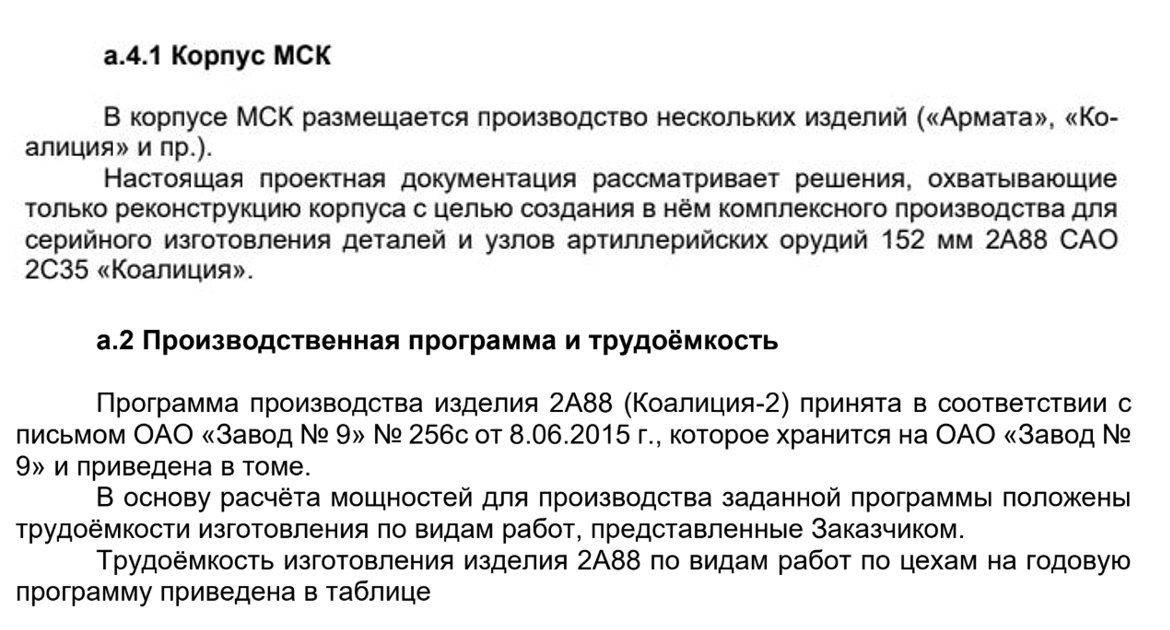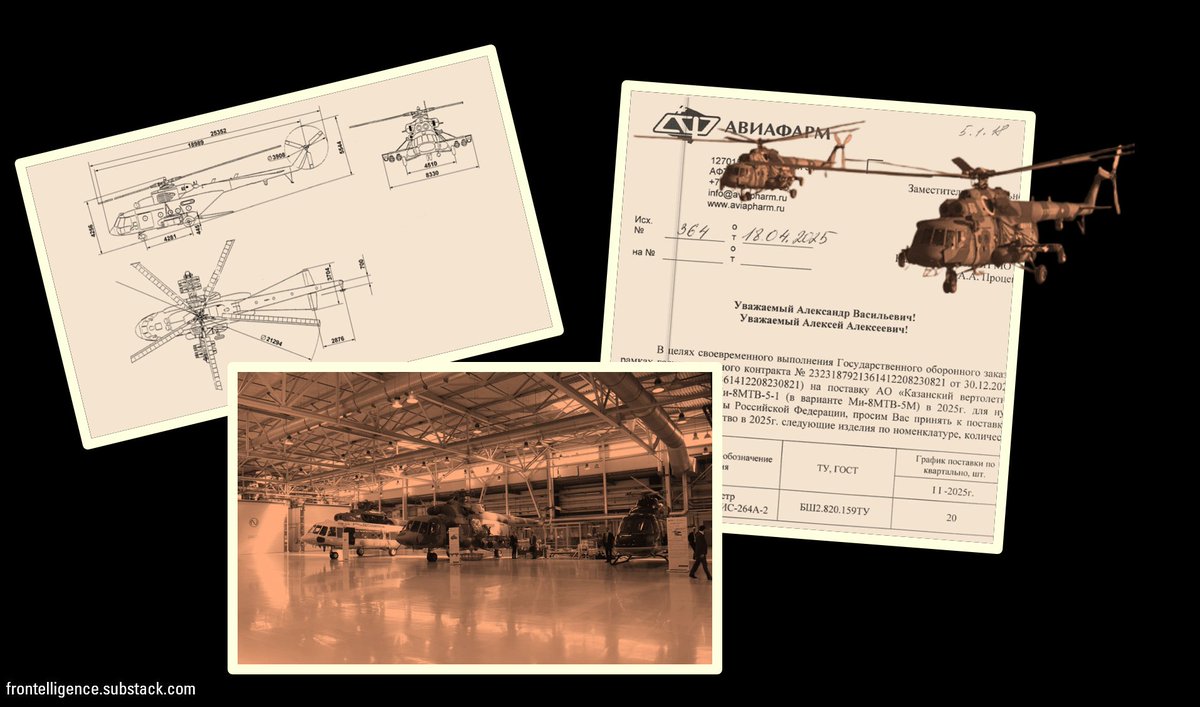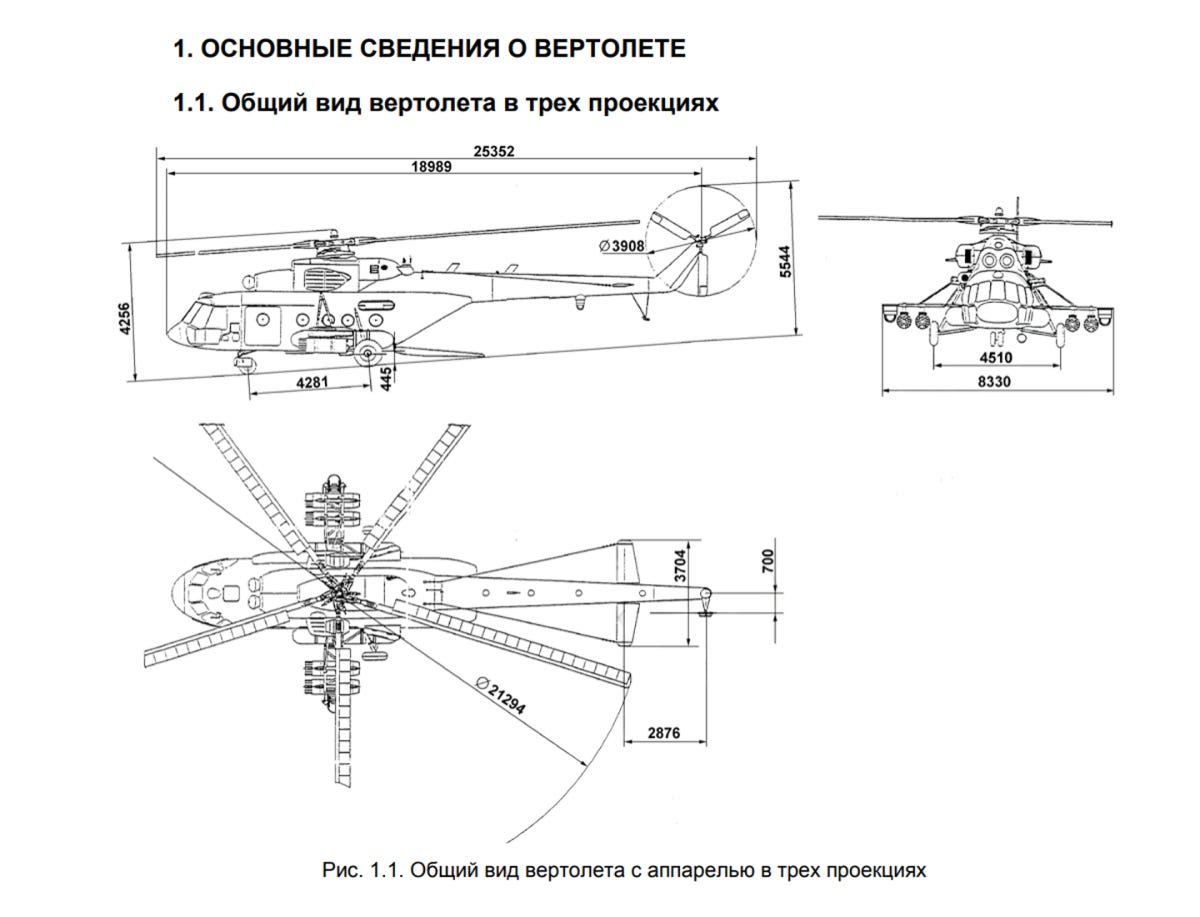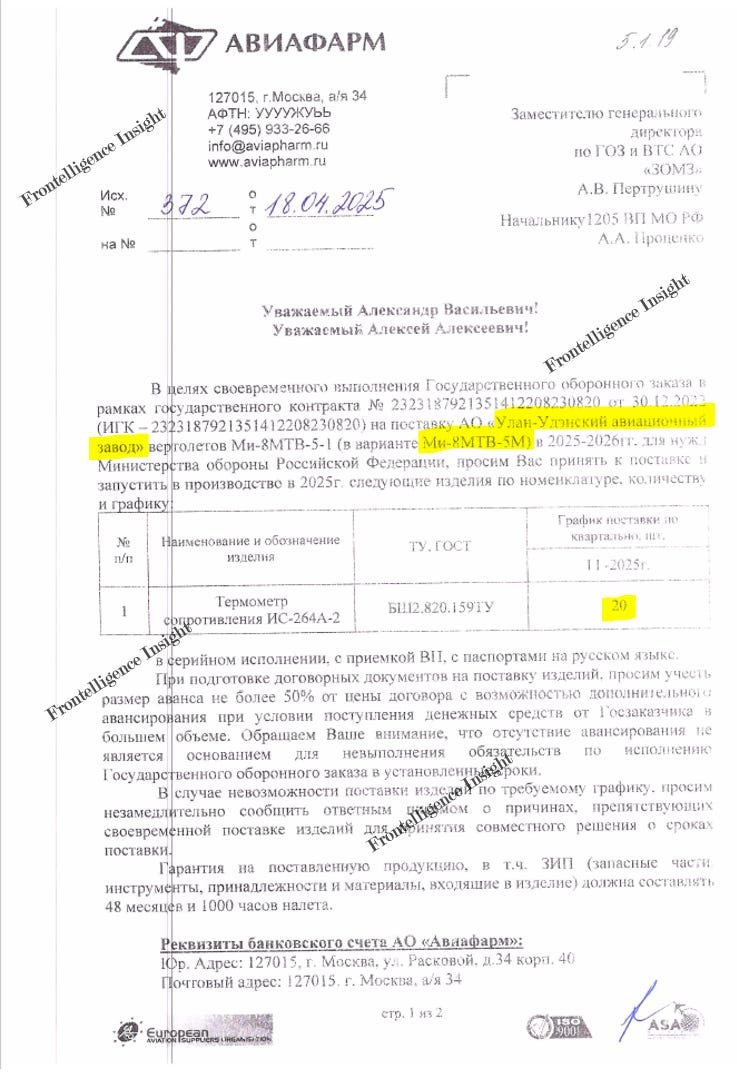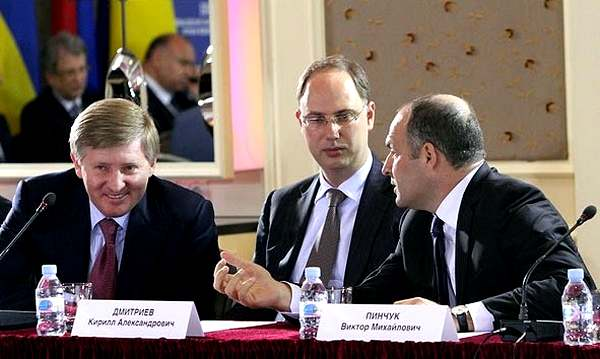🧵Today I would like to present manual that circulates among soldiers from occupied Donetsk and Luhansk. This manual focuses on on-field experience and covers most of the basics for a soldier's training. In this case, focus lies on the section dedicated to defense organization. 

2/ The manual covers a wide array of topics, including minefields, communications, infantry firearms training, firearm customization, ambushes, assault tactics, open field and building assaults, and the organization of defense positions. 

3/ General recommendations for platoon strongpoints:
Strongpoints depend on essential fire support from attached forces like mortar, ATGM, heavy machine gun, AGS teams, or artillery. These resources should not be positioned directly within the defensive strongpoint's territory.
Strongpoints depend on essential fire support from attached forces like mortar, ATGM, heavy machine gun, AGS teams, or artillery. These resources should not be positioned directly within the defensive strongpoint's territory.

4/ Traditional firing positions arrangement, consisting of a single trench and cells face constant enemy bombardment, resulting in loses. The rise of enemy drone usage requires dispersing ammunition storage locations. 

5/ The main ammunition storage point, extensively fortified and distanced from the primary positions, is typically situated at the base of the previously mentioned attached fire support unit.
6/ Strongpoint types:
- Grebyonka. It resembles the classic trench technique recommended by the MoD, but it differs in that the individual cells are positioned farther forward from the main trench, while the main trench is located in an area not visible to the enemy.
- Grebyonka. It resembles the classic trench technique recommended by the MoD, but it differs in that the individual cells are positioned farther forward from the main trench, while the main trench is located in an area not visible to the enemy.

7/ In this version, the troops stationed in these positions can quickly retreat from enemy fire, having their own dedicated communication route to the main trench.
8/ Another strongpoint variation: "Fan Formation"
In the "Fan Formation," the forward-positioned infantry cells have dedicated communication routes to the quick-access ammunition storage point or the first aid station, ensuring rapid ammunition delivery and wounded evacuation.
In the "Fan Formation," the forward-positioned infantry cells have dedicated communication routes to the quick-access ammunition storage point or the first aid station, ensuring rapid ammunition delivery and wounded evacuation.

9/ When it comes to urban defenses, the manual provides recommendations for setting up defenses, which include the following:
- Defense is established in pockets to cover a larger front with fewer personnel. For defense, buildings located on elevated positions are chosen.
- Defense is established in pockets to cover a larger front with fewer personnel. For defense, buildings located on elevated positions are chosen.
10/
- The system of underground communications is studied for possible diversionary raids or the placement of high-power IEDs.
- Machine gunners are positioned deep within buildings, not higher than the 2nd to 4th floor.
- The system of underground communications is studied for possible diversionary raids or the placement of high-power IEDs.
- Machine gunners are positioned deep within buildings, not higher than the 2nd to 4th floor.

11/
- Mortars can be placed on building rooftops or inside tall structures with the roof removed.
- The defense system should be multi-layered, as the enemy may destroy it layer by layer before launching an attack.
- Mortars can be placed on building rooftops or inside tall structures with the roof removed.
- The defense system should be multi-layered, as the enemy may destroy it layer by layer before launching an attack.
12/ In summary, it is crucial to note that the enemy is adeptly adapting to the ongoing challenges of the war, which include the threats posed by drones and constant artillery bombardments.
13/ To request coverage of specific chapter, feel free to leave the name of the topic you'd like to be covered, and I will prioritize the one that receives the most requests. Don't forget to show your support by liking, sharing, and following
• • •
Missing some Tweet in this thread? You can try to
force a refresh


